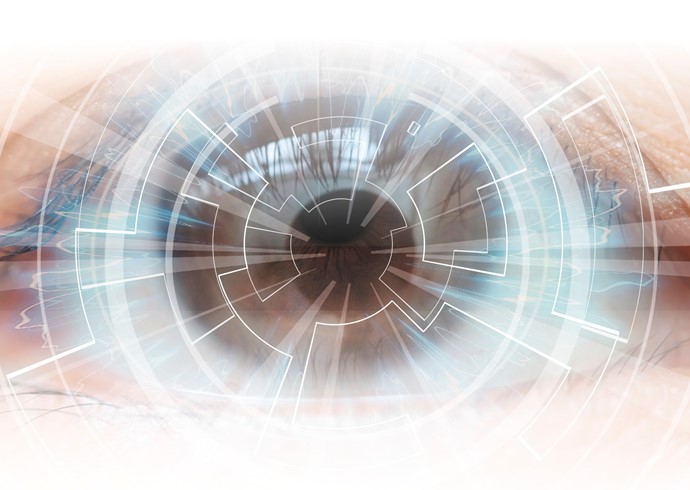Cataract Awareness Month

As June is cataract awareness month, this is an opportune moment to continue to raise awareness about cataracts and eye health in general. Cataract remains the biggest cause of visual loss worldwide, although thankfully treatment can correct this. In the UK the National Health Service continues to be overwhelmed by demand for eye services including cataract surgery. The best way to find out that you have cataract is to continue to get regular, yearly eye tests at your opticians who can pick this up easily from clinical examination.
How Do You Know if You Have Cataracts.
As cataracts often develop slowly over a period of time it can be quite difficult to pick up the symptoms. The most common symptoms are gradual reduction in the distance and also near vision with a loss of contrast and definition. Other common symptoms of cataract are glare, particularly at night when driving.
Current Treatments for Cataracts
Even since our last newsletter for cataract awareness 12 months ago, things continue to rapidly evolve, both in the field of measuring and assessing cataracts as well as the technology to break-down the cataract and implant the new lens. The range of lenses available now for cataract surgery is very exciting. It is so important that your ophthalmologist spends the time with you during this visit to ascertain what visual requirements are, to help guide you as to which lens technology will be best suited, both to improve your vision, but also improve your lifestyle and quality of life. The research that I continue to do is very encouraging, showing how cataract surgery can improve quality of life in patients, and although nobody likes the idea of having an operation on their eye, it really can be an opportunity to reset the vision to best fit your lifestyle.
As always it is important to protect your eyes with good, polarised, UV protecting sunglasses and as mentioned before, the importance of getting regular eye tests at your opticians cannot be understated. I hope that you found this information useful and please feel free to share it with friends and family to raise awareness about cataracts.
If you would like further information about cataracts or would like to see Mr Ratnarajan, please call on 0800 005 3335 or email on info@innovationeyeclinic.co.uk
